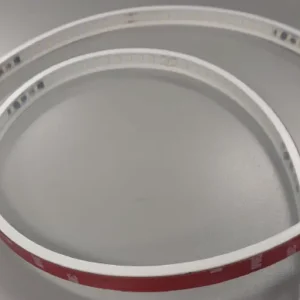Smith Electric’s sales director Kevin Harkin said results of tests carried out on the company’s Smith Edison LCV with LifePo4 batteries were better than expected.
“The battery should still have a minimum of 80% capacity after 3000 cycles,” he said.
“So even if the vehicle uses a full battery cycle for 300 days a year it will still be 80% efficient after 10 years. A vehicle that had a 100-mile range new will still have an 80-mile range a decade later.”
Smith Electric previously used Zebra sodium nickel chloride batteries but switched to LifePo4 for its longer life, durability and improved performance. It has extended its battery guarantee to five years from the three years offered with the Zebra.
Harkin said fleet managers could now operate an electric van until its range capability dropped below its needs then sell the vehicle to an operator working, for example, in the London Congestion Charge zone, requiring lower mileage.
“A joiner or plumber travelling 20 miles a day can’t see the whole life cost benefits at £60,000 for a new electric van. However, a £15,000 van that will save them £5000 a year in fuel and congestion charge is a very attractive prospect,” he said.






